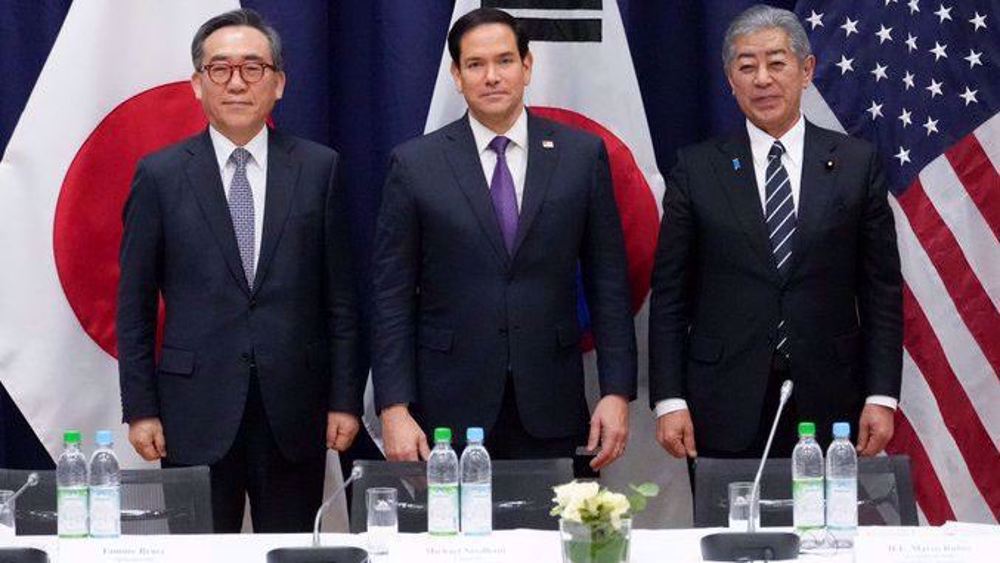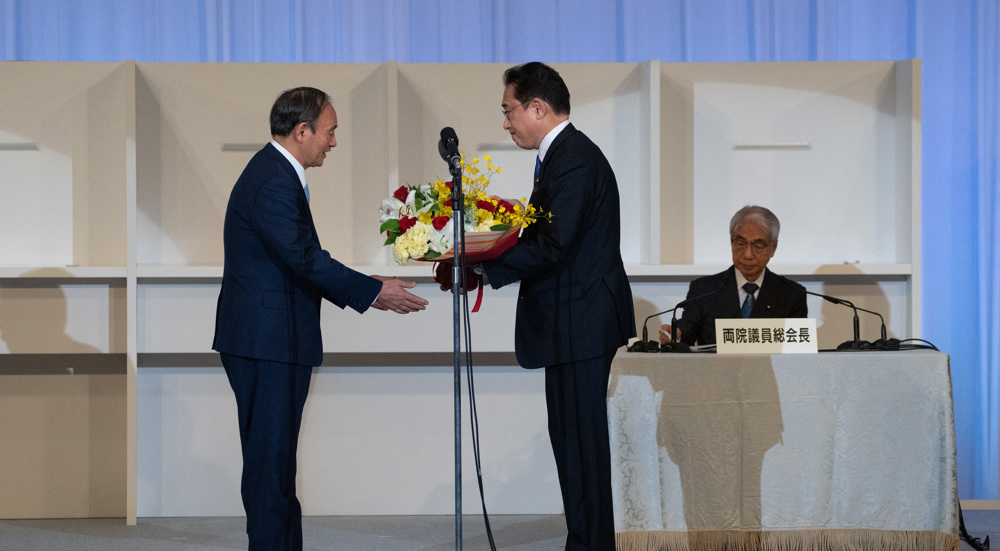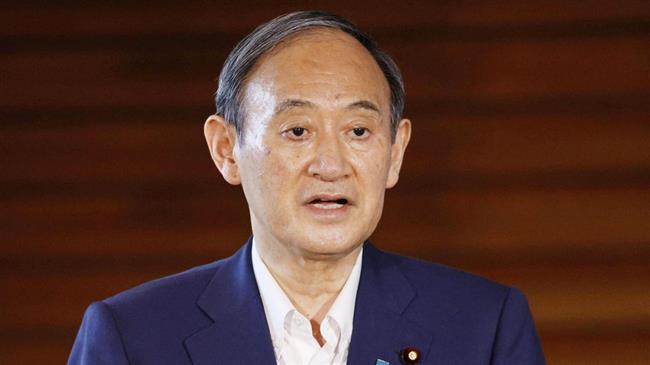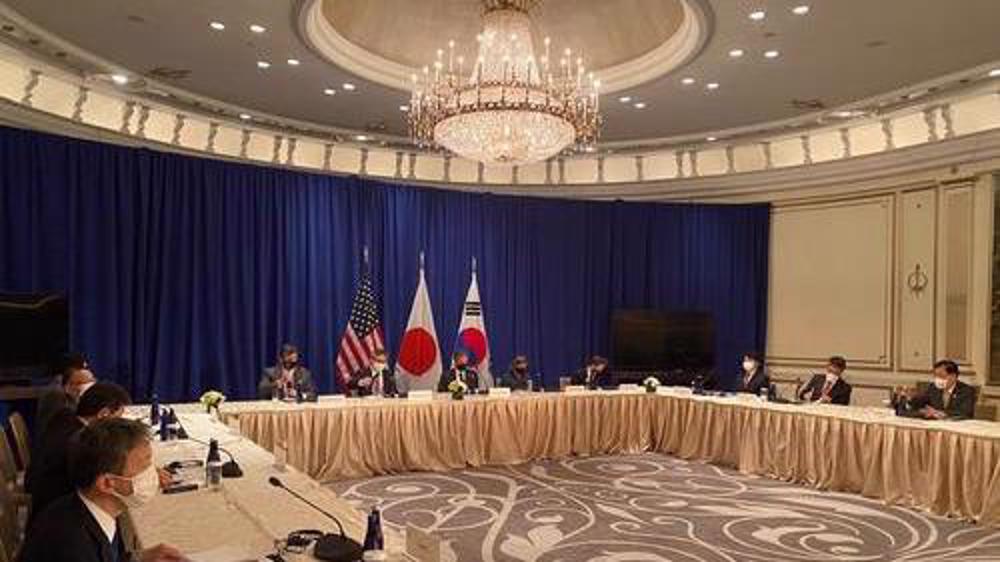Japan picks ex-foreign minister Fumio Kishida for PM
Japan's former foreign minister Fumio Kishida is set to become the country’s next prime minister, after winning leadership of the long-ruling conservative Liberal Democratic Party (LDP).
Kishida, 64, overcame popular reformer Taro Kono on Wednesday, in a runoff after moving ahead of two female candidates Sanae Takaichi and Seiko Noda in the first round.
He will be confirmed as the new premier in a vote in parliament on Monday, and will then lead his party into general elections that must happen by November.
Kishida once lost out in 2020 to Yoshihide Suga, who is stepping down after his one-year tenure marred by his unpopular response to the coronavirus pandemic.
The new prime minister sought to set himself apart from Suga's policies, vowing to spend big on new pandemic stimulus and tackle income inequality.
Kishida was foreign minister between 2012-17, during which he helped bring then-US president Barack Obama to Hiroshima on a historic visit.
Kishida also claimed that abolishing nuclear weapons was "my life's work."
A political science professor at the University of Tokyo, Yu Uchiyama, however, said that little change is expected in key diplomatic and security policies under the new prime minister.
Japan currently operates the world’s fourth-largest modern submarine fleet with 22 boats after China, the United States and Russia.
The country's submarine fleet is entirely conventionally powered with advanced diesel-electric drive systems, though.
Japan’s conservative government is already planning to build five military ships and a submarine, and purchasing 12 F-35 fighter jets from the United States.
Earlier this year, the country's Defense Ministry demanded a record $50-billion budget request for fiscal year 2022, in the face of an “increasingly severe” security situation in the region.
The growing military spending comes under pressure from the US to play a bigger role in regional security as tensions continue to rise between China and the US, according to military expert Hideshi Takesada.
He believed that as long as “Japan's current conservative government remains in power, the nation's military budget is expected to remain high," he added.
The ruling conservative Liberal Democratic Party (LDP) said in an annual defense paper last month that the US-China tensions over Chinese Taipei were an increasingly urgent issue that threatened regional stability.
The United States routinely stirs tensions with China both over Chinese Taipei and the South and East China Seas.

US, Japan, S Korea renew calls for ‘complete denuclearisation’ of North Korea

Indigenous rights activists rally on Australia Day to protest British colonization legacy

Colonialist’s monument toppled in Melbourne ahead of Australia Day
Iranian flotilla makes port call in India with 'friendship message'
How UK counter-terror police colluded with Zionists to detain me after Beirut trip
Biden, Blinken, Austin referred to ICC over Gaza war crimes
EU will 'do the same' if US implements tariff hikes: France
VIDEO | Press TV's news headlines
British celebrities condemn BBC removal of Gaza documentary
Iran Army acquires tactical vehicles, audio surveillance systems
VIDEO | UK police detain anti-Zionist scholar upon return from Lebanon









 This makes it easy to access the Press TV website
This makes it easy to access the Press TV website